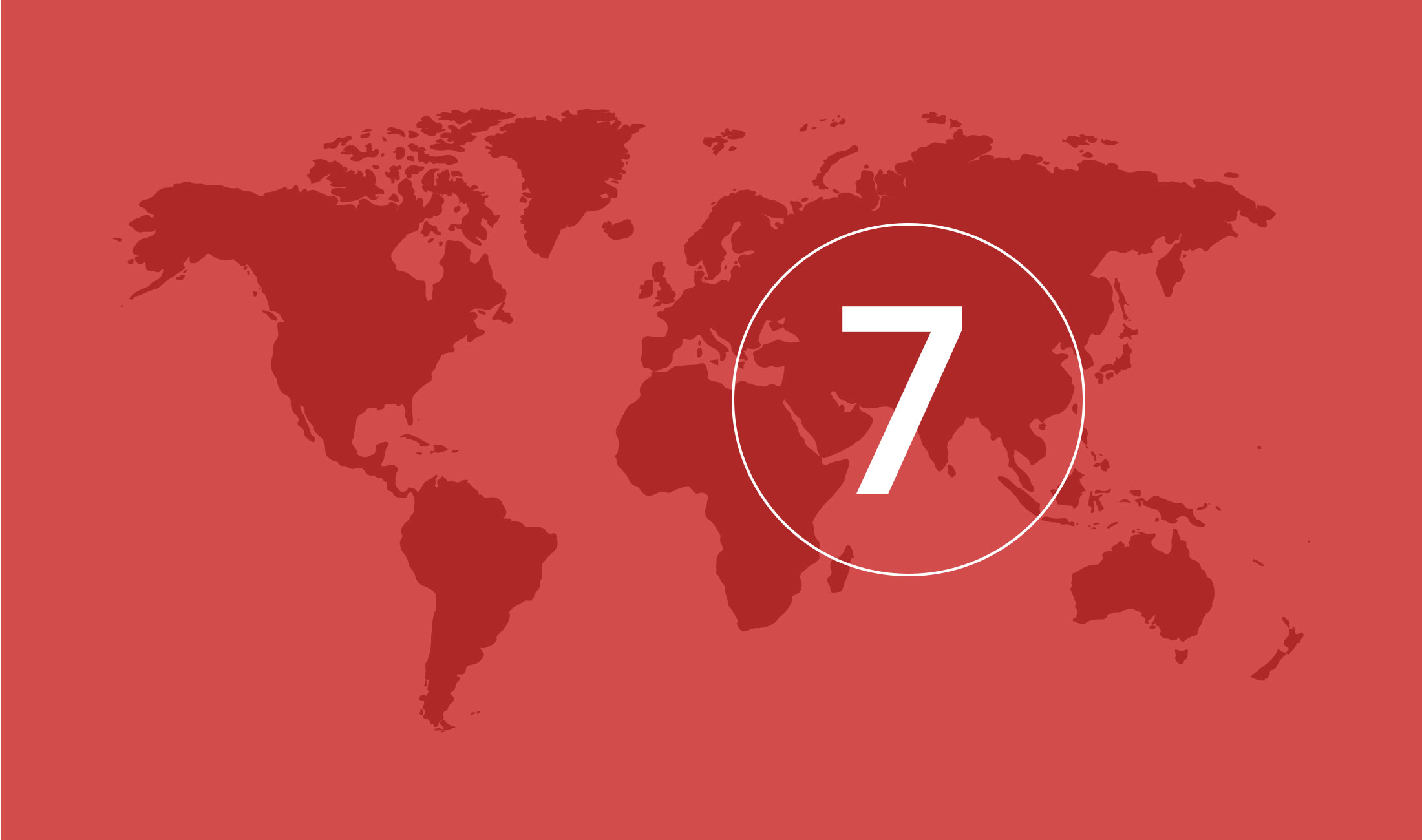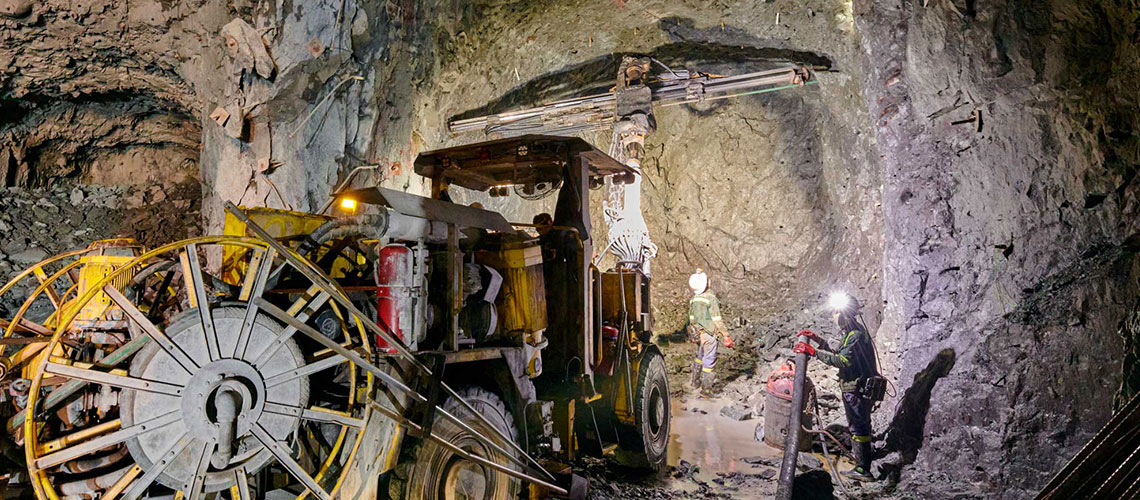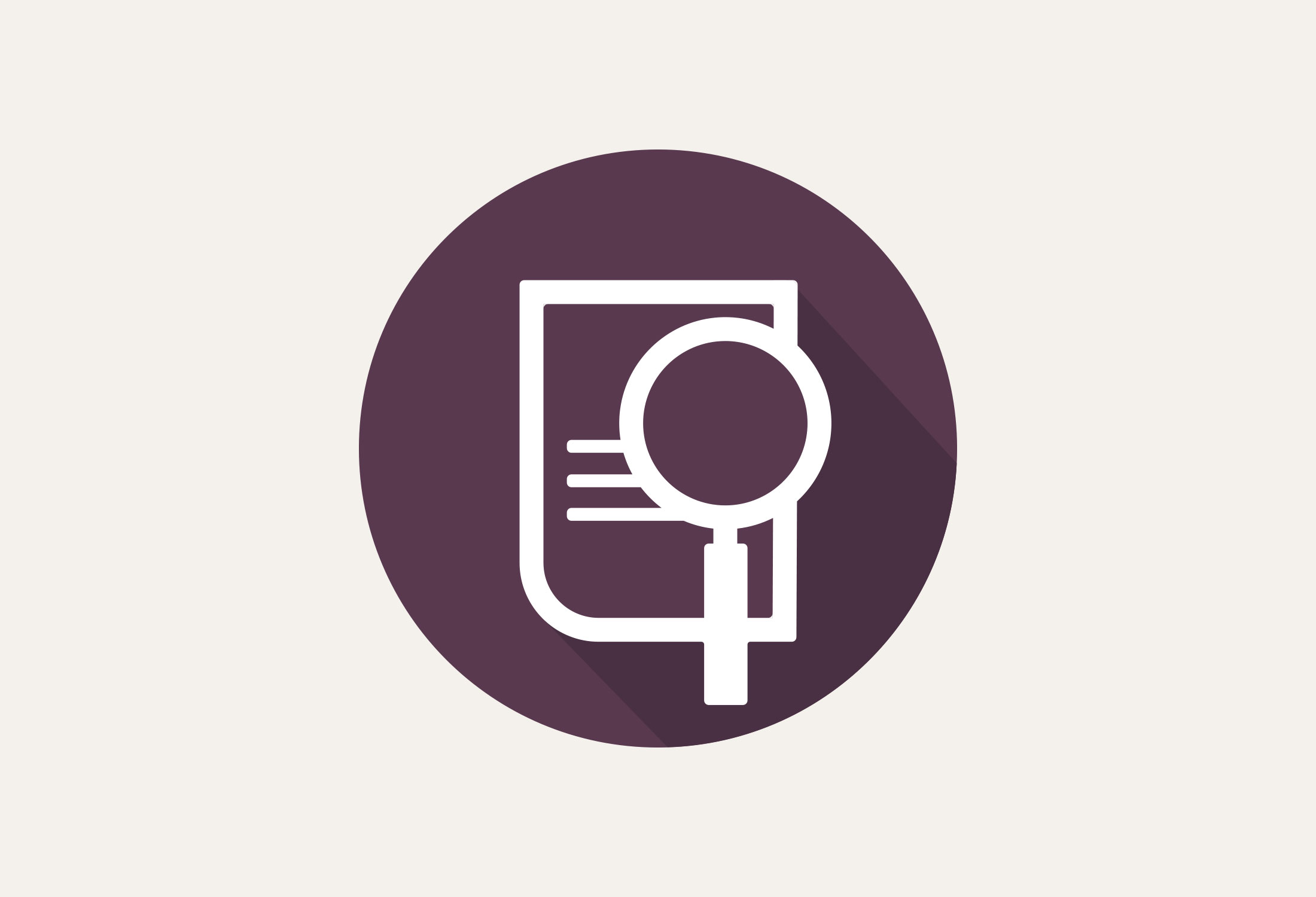
Congo, Democratic Republic of the
Category
7
- 0
- 1
- 2
- 3
- 4
- 5
- 6
- 7
| Risk type | Short | Long |
|---|---|---|
| Sovereign |

|

|
| Public |

|

|
| Bank |

|

|
| Corporate |

|

|
The icons indicate EKN's risk assessment.

No policy established

Normal risk assessment

Restrictive risk assessment

Normally off cover

OECD or EU countries
Country risk analysis
Country risk analysis archive
Country Risk Analysis of Democratic Republic of the Congo
The latest Country Risk Analysis of Democratic Republic of the Congo was issued in October 2023.
Domestic political conflicts
The Congolese economy is based on its mining industry, which fuels growth and accounts for about 80 per cent of export revenues. The exposure to prices of raw materials means that growth and inflation are generally volatile, as was evident in the commodity price plunges of 2016 and 2020. At the same time, the Democratic Republic of the Congo is a key exporter of the minerals that are increasingly in demand in the climate transition, such as copper and cobalt.
Over the past decade, the economy has grown at an average rate of almost six 6% per year, which despite everything is a moderate growth rate given the low-income level. In real terms, GDP/capita growth has been a more modest 1.8 per cent per year over the same period. With a GDP per capita of roughly USD 600, the DRC remains one of the poorest countries in the world.
Politically, the DRC continues to be turbulent. Felix Tshisekedi has governed the country, in a fragile coalition government since January 2019. Corruption in the country is rife and its institutions are among the weakest in the world.
Economic growth is concentrated primarily in Katanga, Kinshasa, and Bas-Congo, providing fertile ground for conflicts in provinces that are not part of the growing economy. Several low-intensity regional armed conflicts are ongoing in the DRC, notably in Ituri and Kivu where an estimated 100-armed groups are active. The March 23 Movement (M23) rebel group is one of the best known, however it accounts for only a small proportion of the total lethal violence. The central government has so far failed to resolve the conflicts, in which neighbouring Uganda and
Rwanda are also deeply involved. The Katanga Province in south-eastern DRC also has a history of armed conflict, however the area is now one of the most stable regions in the country and accounts for much of the country’s economic activity.
Low levels of cash income and a large agricultural sector make it vulnerable to droughts and storms , which are expected to increase as a result of global warming.
Elevated political risk in the coming year
Presidential and parliamentary elections are scheduled to be held on 20 December 2023. Election campaigns often involve increased domestic political turbulence, which is why political risk is assessed as “elevated” in the coming year. The risk of turbulence also increases due to weak institutions, a history of rigged elections, and an expected close election result.
The former President, Joseph Kabila, is accused of manipulating the 2018 elections in Tshisekedi’s favour when Kabila realised, he would not be able to stay in power. Tshisekedi may find it difficult to secure a clear majority in the upcoming elections, so controversy could again easily arise.
In addition, the UN peacekeeping mission MONUSCO is likely to end ahead of schedule sometime this year, with the risk of an escalation of violence in Ituri and Kivu provinces in the Eastern DRC. While the M23 rebel group has reduced its activity over the past six months, the central government has essentially failed to contain the violence in the provinces.
There is no long-term, sustainable plan to resolve the conflicts. MONUSCO has been heavily criticised by Tshisekedi and others and is leaving at the President’s demand. This message is therefore welcome by some, but it is currently difficult to see how the accelerated withdrawal of the troops can have a stabilising effect on the situation.
When MONUSCO leaves, the responsibility will be transferred to the East African Community Regional Force (EACRF), which suffers from coordination problems and also lacks neutrality. Uganda, which has strong interests in Eastern DRC, is contributing troops, while Rwanda, which most likely indirectly supports M23, has been denied by DRC the possibility to contribute troops.
The important mining area in Katanga remains relatively stable, which is important not the least for future economic growth. The expanding mining sector and historically high commodity prices mean good growth prospects in the coming years.
The Kamoa-Kakula mine was commissioned in 2021 and currently produces roughly 400,000 tonnes of copper per year, making it one of the largest copper producers in the world. Increasing production thus provides a certain buffer for possible declines in commodity prices.
The latest growth forecast is an average growth rate of close to 7% in 2024-2025. Over the same period, inflation is expected to fall below seven per cent. On the public finances side, government debt remains low, at around 10 per cent of GDP, and the cost of the debt corresponds to only about two per cent of central government revenues.
External debt is also at a low level, as is the external debt service ratio. One explanation for this is the IMF Agreement (2021-2024), which has contributed to increased fiscal revenues and strengthened external liquidity.
Under the Agreement, government revenues have risen to 16% of GDP and are expected to remain at a higher level in the coming years. Foreign exchange reserves have also risen, to about 1.5 months of import cover, from a previously very critically low level.
However, the seemingly strong public finances reflect the low level of investment and lack of financing, rather than macroeconomic restraint. For example, despite tremendous needs, the DRC spends less than one per cent of what Sweden spends in public expenditures per capita per year. Despite increased external liquidity, the currency remains weak and volatile, meaning that the transfer risk is assessed as very high.
Business environment
The business environment in the DRC is generally very weak. Inadequate infrastructure, power outages and armed conflicts in parts of the country remain as key challenges. Institutional capacity is extremely low, with extensive and unpredictable bureaucracy and underpaid civil servants, contributing to corruption within the state apparatus.
The ability of mining companies to operate in the country and to transfer income abroad can rapidly change. In 2018, mining legislation in the DRC was revised, which included raising governmental fees for mining companies with the aim of increasing the revenues to the State.
Further amendments and revisions to the new legislation are likely, which could negatively affect the environment for mining companies operating in the country.
Relatively low labour costs, high enrichment yields, and the possibility of new finds are the upside for companies in the industry.
EKN's policy
EKN confirms country risk category 7. EKN is closed to sovereign and subsovereign risks. For such transactions, a letter of credit or bank guarantee is required. For bank risks, a letter of credit is required as a payment instrument (either a confirmed or an unconfirmed letter of credit).
For corporate risks, the buyer must have either income in hard currency or external support that can be relied on. In addition, an elevated premium is applied.
EKN's commitment and experience
EKN’s guarantees to the DRC are minimal. Over the past five years, EKN has issued guarantees for three transactions per year on average. Current exposure consists almost exclusively of a transaction in the copper mining industry, with Swedish suppliers of mining equipment as exporters. Overall, transactions within the mining industry dominate.
Apart from a large payment delay in 2020, overall payment experience has been good in recent years. Currently EKN lacks arrears or claims.
Learn more about exporting to Democratic Republic of the Congo

- Financing
- Guarantees
“Working with EKN was the big unlock”
Mining one of the world’s largest copper discoveries in an environment like the Democratic Republic of the Congo, requires a thorough environmental and social due diligence and a comprehensive project sustainability agenda.
“Working with EKN was the big unlock”More for companies that want to export to Democratic Republic of the Congo

EKN's guarantees
Our guarantees offer numerous benefits, covering companies against non-payment risks and banks against operational and investment risks. Which guarantee suits you?
EKN's guarantees
Guarantee guide
With the help of the guarantee guide, you will find the right guarantee, regardless of whether you are an exporter, subcontractor or bank.
Guarantee guide